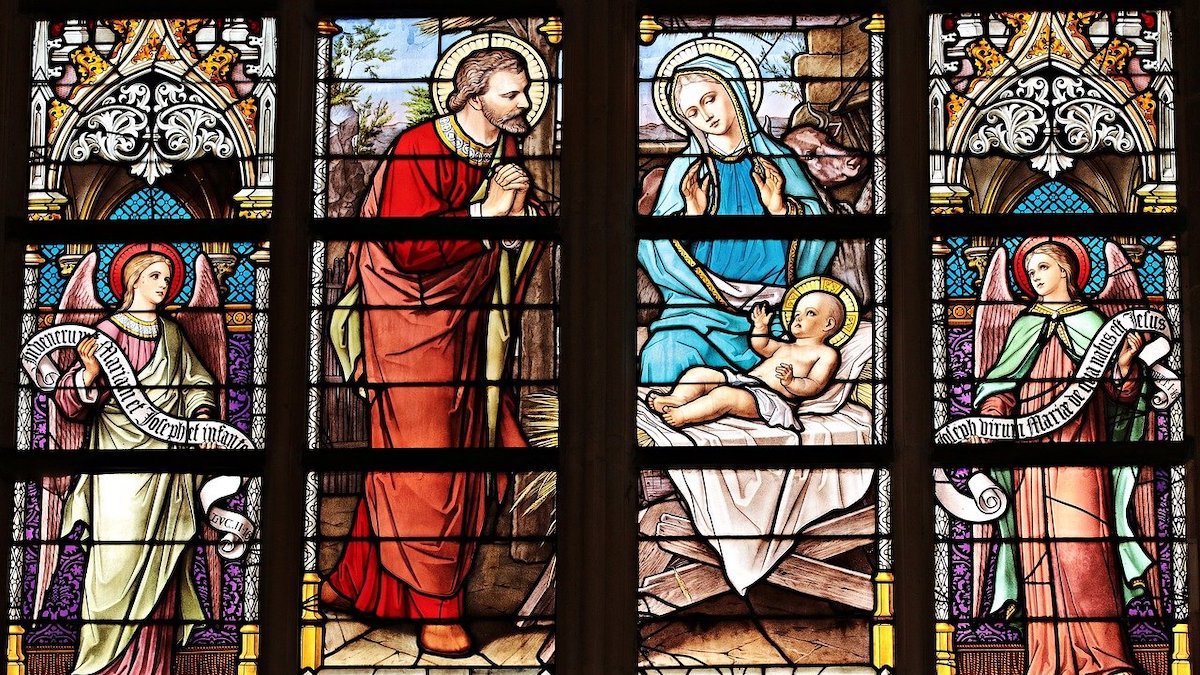
The Church of Notre Dame shares a reflection on the separation of church and state. | Pixabay
The Church of Notre Dame in Chippewa Falls shared a reflection on the relationship between church and state.
As the election season is upon us, now is the time when Catholics most hear that they are trying to impose their religious beliefs on society as a whole, Rev. Jesse Burish wrote.
"One often hears invoked 'the separation of church and state,' insinuating that the Catholic Church (her laity, or especially her clergy) should not be weighing in on political issues," Rev. Burish wrote.
It comes as all the more of a surprise when we learn that the Catholic Church was one of the institutions to first propose this separation, but the earthly governing authority is supposed to be carrying out its role for the common good of the people it presides over. The church is to care for the supernatural needs.
Today's pluralistic view on what "church" means, muddies our perspective, however.
"With this pluralistic conception, the state no longer has a consistent or definitive source for moral norms as a foundation for law aside from the laws of nature (i.e., 'natural law') — but with our relativist/subjectivist philosophical outlook, we no longer give credence to the concept of natural law," Rev. Burish wrote.
When we say that Catholics must reject a separation of church and state, we mean that we must reject the idea that the two institutions do not impact one another.
"As Catholics, we not only see our views on human life and marriage as matters of religious teaching, but also as values pertaining to civil rights and the common good, rooted in the dignity of every person," Rev. Burish wrote.
People of faith should absolutely be involved in political and civic life, so as to "exercise our influence."
"Our religious beliefs should serve as a foundation and an influencing force that aids us in building up a more just and perfect state and society," Rev. Burish wrote.






 Alerts Sign-up
Alerts Sign-up